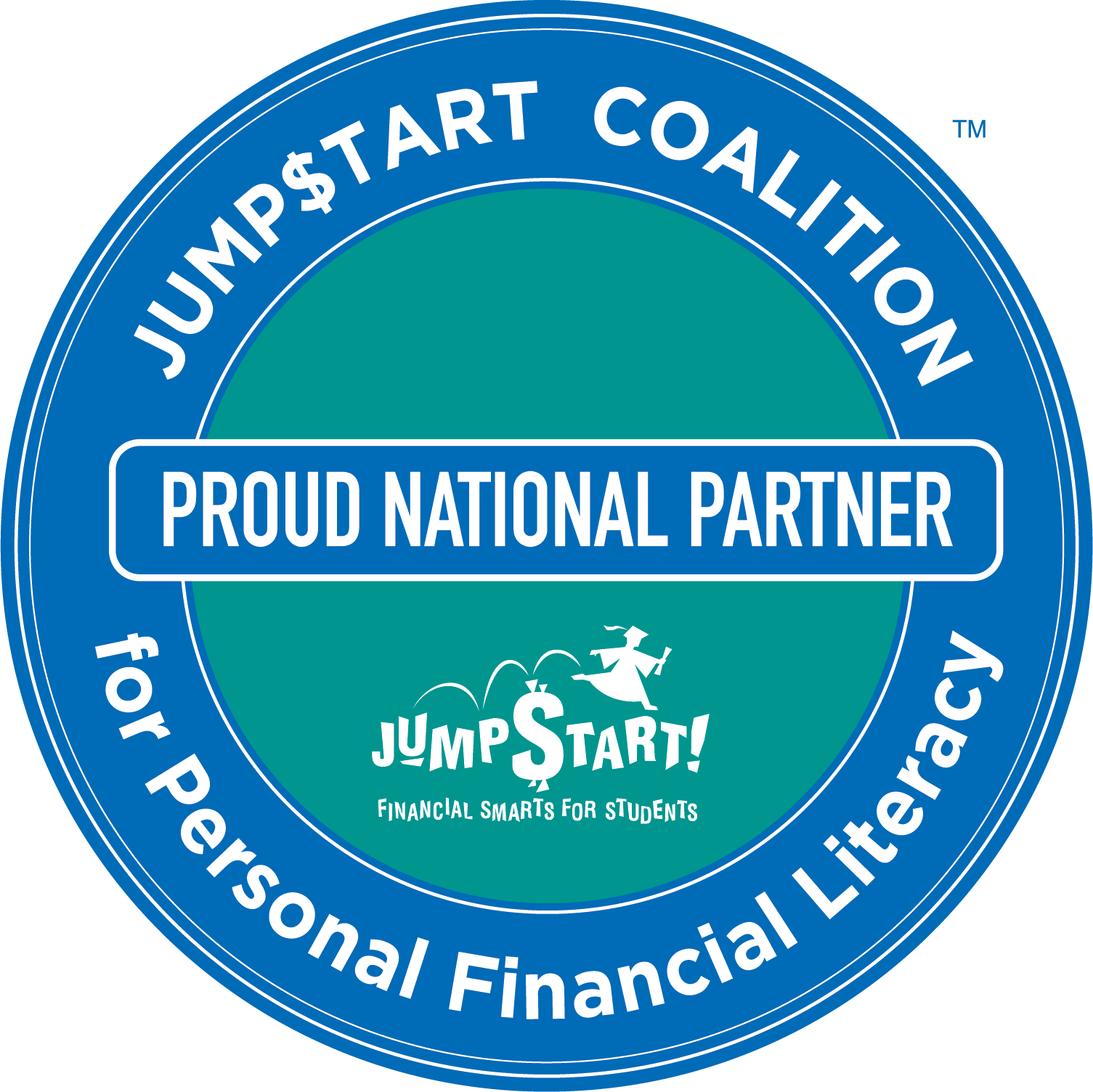The following is adapted from “Your Money Vehicle.”
We harp on the importance of habits a lot — creating good habits can, after all, save you a lot of stress and worry down the line. But often, breaking bad habits, especially money habits, is as important as cultivating new, good habits.
But let’s face it, we all have bad habits — biting fingernails, skipping our veggies at dinner time, staying up too late — but bad money habits tend to have longer-lasting, life-altering consequences, like living paycheck to paycheck, or falling into debt. Once those habits put you in a financial hole, it’s hard to dig yourself out again.
It’s best to break and replace bad money habits while you’re young, because you’ll still have time to avoid some of those negative repercussions. Setting up sound money habits is not easy, but will benefit your life for years to come.
Where to start? Some of this will be amount to a review for certain readers, but it’s important nonetheless. Try this three-step approach to identify, remove, and replace your bad money habits with behaviors that will set you up for success.
What is a habit?
Before we dive into the three habit-breaking steps, let’s take a minute to define what a habit is. How do we know which of our behaviors are habits, and which aren’t?
Think about it: What do you do when someone waves to you? What do you do when you hear the Pledge of Allegiance? What do you do when it’s time to get ready for school or work?
When you are just simply responding out of muscle memory, you have developed a habit. A habit is something you do so regularly that you don’t even think about it. Even though they can be unconscious, habits can begin to define who we are.
As Margaret Thatcher said: “Watch your thoughts, for they become words. Watch your words, for they become actions. Watch your actions, for they become habits. Watch your habits, for they become your character. What we think, we become.”
When they become part of us, habits can either help us achieve success or hold us back. The trick lies in building good habits and eliminating bad ones.
Why do we form habits?
When breaking a habit, it helps to understand why our brains adopt habits in the first place.
Habits were initially formed out of a need for survival — when human brains began to fight for two things: Energy conservation and safety.
- Energy conservation: When you brush your teeth, you don’t have to take the effort to tell your brain exactly how to brush; you already know how to do it.
- Safety: When there is danger, your brain does not think but rather responds with the habit of fight or flight. Is this a natural reaction? Sure, one that has been created through the cue-routine-reward cycle of survival.
Forming a habit is learning a better way to do something by repeating what works. It’s as if you are sending a message to your future self about how to find success. Each habit has three parts; for example, the following happens when you brush your teeth:
- Cue—The trigger—Time for bed
- Routine—The action—Brushing your teeth
- Reward—The payoff—Tingling clean feeling in your mouth, and your dentist backing off
With a better understanding of why habits were created and how they work, we can begin to use this to change our money habits.
Breaking bad money habits
To replace your bad money habits with good ones, start by recognizing a cue you have or identifying a new reward that you want. Where is the cue that begins the spending habit?
If you identify the cues—when you receive a paycheck, when you are at the mall, or when you are just bored online—then you can begin to change your habits.
All the time, people say, “I don’t know where all my money goes!” But it is because they are unconscious of and missing the cue: receiving money. This is the first money habit we will create. The next time you receive money, instead of asking, “How can I spend this?” notice the cue and create a new habit, saying “How can I U.S.E. (understand, strategize, be efficient) with this money?” instead. Not a big change, but you will have a new answer, and soon, a new habit.
Next, identify a new routine. It’s hard to get rid of old habits, but you can change them. Now that you know the three components of your bad money habit, you can change it by altering your routine. Let’s say, for example, that you want to stop buying coffee after class with your friends.
- The cue is that school is done and you want to keep hanging out.
- The routine is going into a coffee shop and getting a latte.
- The reward is hanging out with friends.
Now, change the routine. Instead of going to a coffee shop, you could go for a walk or hang out at the park. You would maintain the same cue and reward but have changed the routine in your habit, allowing you to reach your goal of no longer buying coffee.
By identifying your cues and changing a routine, you can say goodbye to bad money habits.
Like what you see? Get more content sent directly to your inbox! Sign up for the Money Vehicle Movement Newsletter!
More from Money Vehicle:









